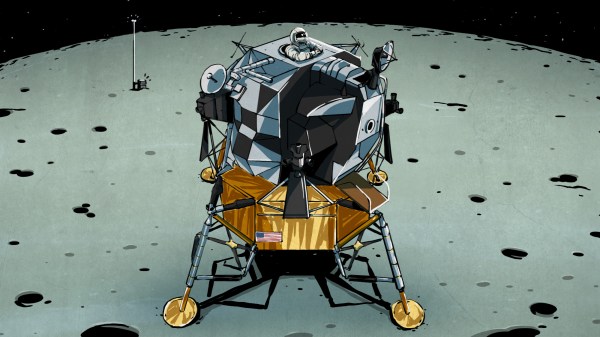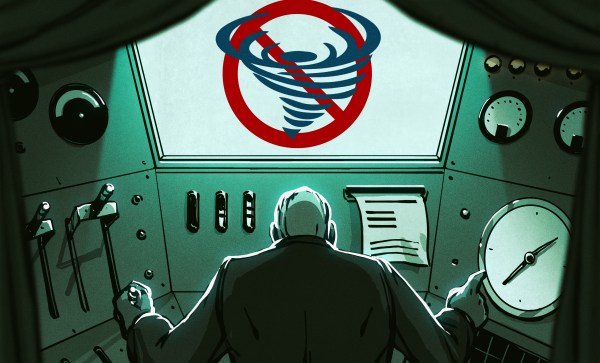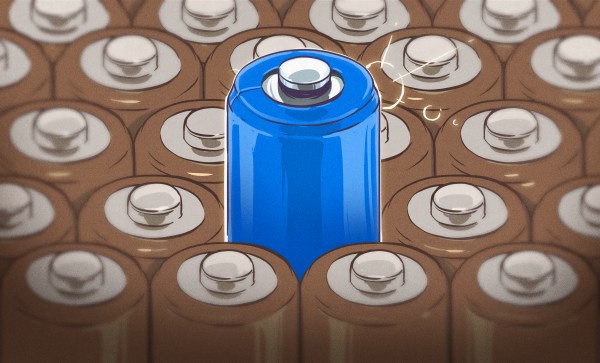For a lot of us, there’s a bright line separating the books we enjoyed as children from the “real” books of our more mature years. We all eventually age out of the thin, brightly illustrated picture books we enjoyed in our youth, replacing them with thicker, wordier volumes with fewer and fewer illustrations, until they become so dense with information that footnotes and appendices are needed to convey all the information, and a well-written index is a vital necessity to make use of any of it.
Such books seem like a lot less fun than kids’ books, and they probably are, but most of us adjust to the change and accept the fact that the children’s section of the library doesn’t hold much that’ll interest us anymore. But not all the books that get a “JUV” label on their spines are created equal. Some are far more than picture books, even if the pictures are the main attraction. The books of British-born American author David Macaulay come to mind, particularly the books comprising his Architecture Series.
Macaulay’s books were enormously influential in developing my engineering sensibilities, and are still a pleasure to thumb through these many years later. I still learn something about the history of construction and engineering when I pull one of these books off the shelf, which makes them Books You Should Read.
Continue reading “Books You Should Read: David Macaulay’s Architecture Series”
















